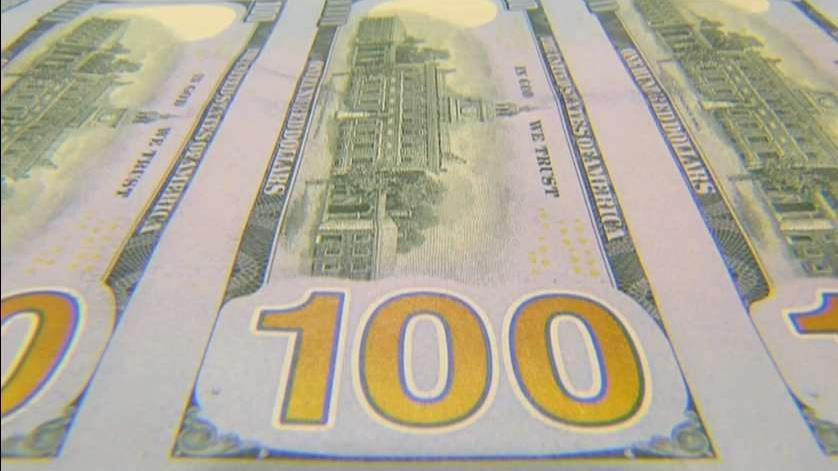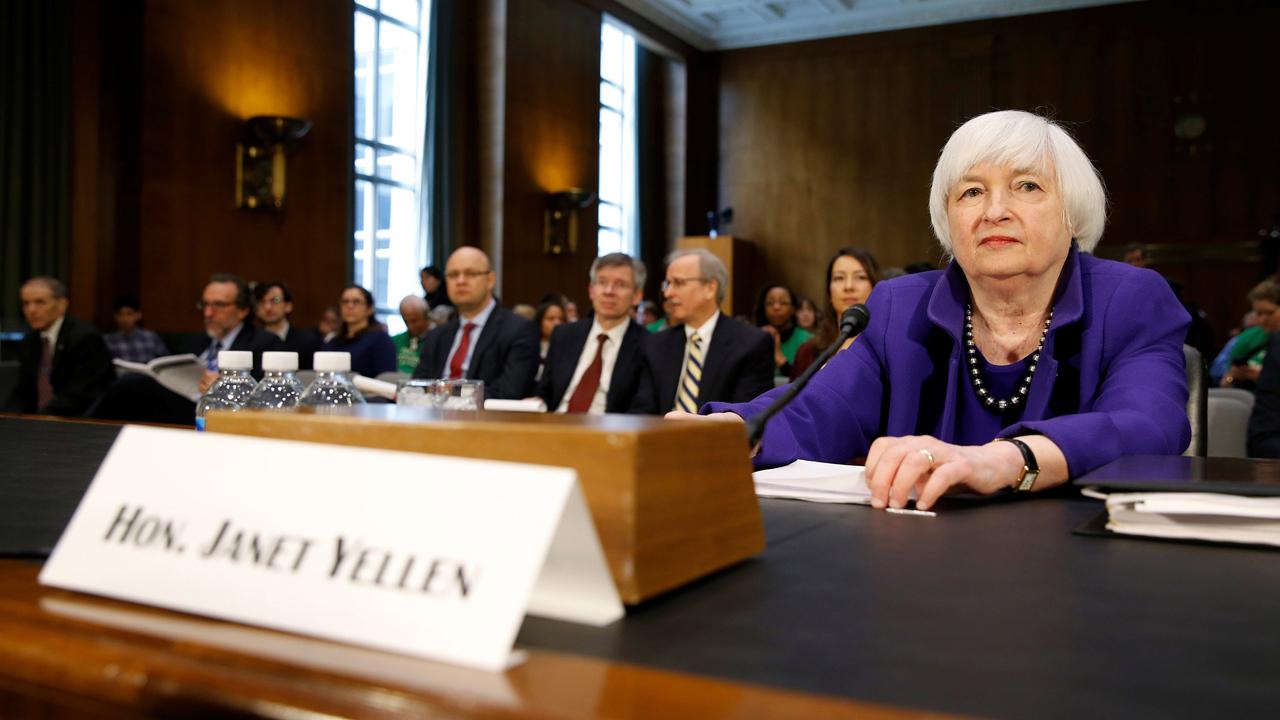Economist says US recession not on immediate horizon
Recession fears continue to grow as economic indicators appear to be pointing to a slowing global economy.
While the U.S. economy remains relatively healthy, there are worries over the news earlier this week that the yield on 10-year U.S. Treasury notes had dipped below the yield of 2-year notes. The news sent stocks to their fourth-largest daily point drop in history on Wednesday.
Moody’s Vice President William Foster said the economy is in no danger of imminent recession, but he warns an economic downturn is expected in the next couple of years.
“We don’t see a recession on the immediate horizon,” he said on “Cavuto: Coast-to-Coast" Friday. "We see, over the next two years, a slowing economy.”
Economic growth slowed in the second quarter of 2019, driven by the year-long trade war between the U.S. and China, according to recent data from the Commerce Department. The gross domestic product (GDP) grew at an annual rate of 2.1 percent between April and June.
But consumer spending, which accounts for more than two-thirds of the economy, rose sharply at an annualized rate of 4.3 percent in the second quarter.
Foster said he expects a slowing economy in the next two years with GDP growth at 2.3 percent this year and about 1.7 percent in 2020. But he sees a bright spot in consumer spending.
“Americans like to spend money. They like to buy things and that’s the backbone of this economy,” he said. “And so that’s still an area of strength for the U.S.”
The economist echoed the comments made by former Federal Reserve Chair Janet Yellen when she told FOX Business’ “WSJ at Large” that the economy is strong enough to whether some of the headwinds it faces.
“I think that the U.S. economy has enough strength to avoid [a recession]. But the odds have clearly risen and they are higher than I’m frankly comfortable with,” Yellen said on Wednesday.
Foster warns the danger lies in the possibility that tariffs are raised 25 percent on all imports from China and the U.S. goes for auto tariffs.





















